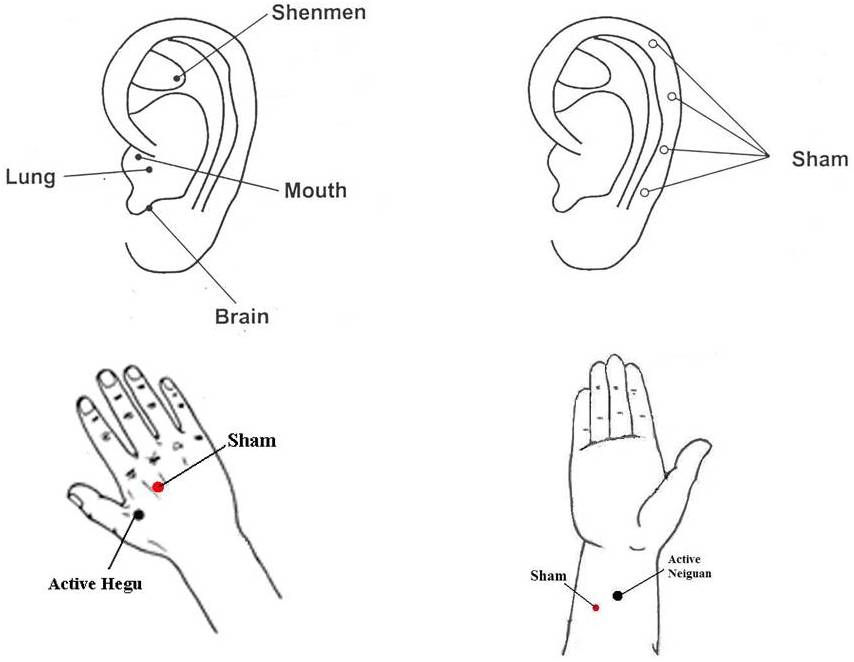Title: Acupuncture as an Adjunctive Therapy for Addiction Recovery
- whalenkaty
- Aug 28, 2023
- 2 min read
In the realm of holistic healing, acupuncture has emerged as a compelling and increasingly recognized approach to aiding individuals on their journey to recovery from addiction. Beyond its traditional use for pain management and relaxation, acupuncture has gained traction as an adjunctive therapy that can provide valuable support in the battle against addiction.

Addiction, whether to substances or behaviors, often stems from a complex interplay of physiological, psychological, and emotional factors. Acupuncture, a cornerstone of Traditional Chinese Medicine, targets these aspects by promoting balance and harmony within the body. This ancient practice involves the insertion of thin needles into specific points on the body, stimulating the flow of energy or "qi." This process is believed to activate the body's natural healing mechanisms and restore equilibrium.
One of the key ways acupuncture aids addiction recovery is by reducing withdrawal symptoms. Acupuncture sessions can alleviate physical discomfort, ease anxiety, and improve sleep patterns – common hurdles during the early stages of recovery. By stimulating the release of endorphins, the body's natural pain relievers, acupuncture can help minimize cravings and promote a sense of well-being.

Furthermore, acupuncture can contribute to mental and emotional healing. It can assist in managing stress, anxiety, and depression – emotional triggers that often contribute to substance abuse. The treatment's calming effect on the nervous system can facilitate a more positive mindset and provide individuals with healthier coping mechanisms.
Importantly, acupuncture is not a standalone solution for addiction. It's most effective when integrated into a comprehensive treatment plan that includes medical, psychological, and social support. As an adjunctive therapy, acupuncture enhances the overall recovery process by addressing the mind-body connection.
In conclusion, acupuncture offers a holistic approach to addiction recovery by addressing both physical and psychological aspects. Its potential to alleviate withdrawal symptoms, manage emotional challenges, and promote overall well-being can make a meaningful difference in the recovery journey. However, individuals seeking acupuncture as part of their recovery should consult with qualified healthcare professionals experienced in addiction treatment to determine the most appropriate and effective approach for their unique needs.

Blog Author: Daphne Hamilton - Partner and Marketing Director at Mile High Holistics. - Daphne has lived in the Denver Mero area for nearly 35 years and has been a business leader in the region for over 25 years. Daphne is also the owner of the busy Real Estate team and sits on the board of a national non-profit. She also is actively involved in a number of business and community organizations. When she’s not busy at our studio or selling homes, you can usually catch Daphne hiking, on the golf course, attending concerts or singing at her favorite karaoke bar.

Comentarios